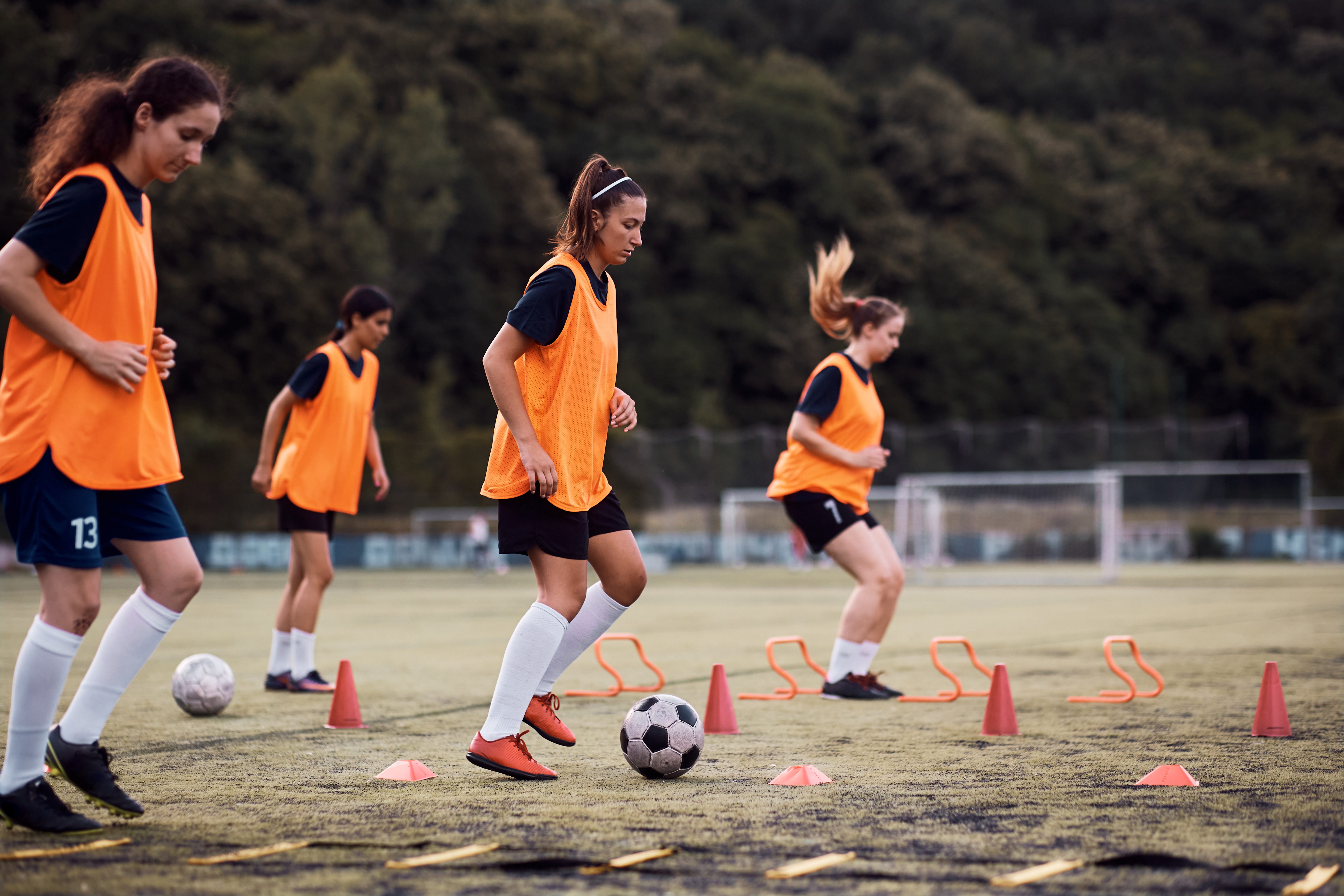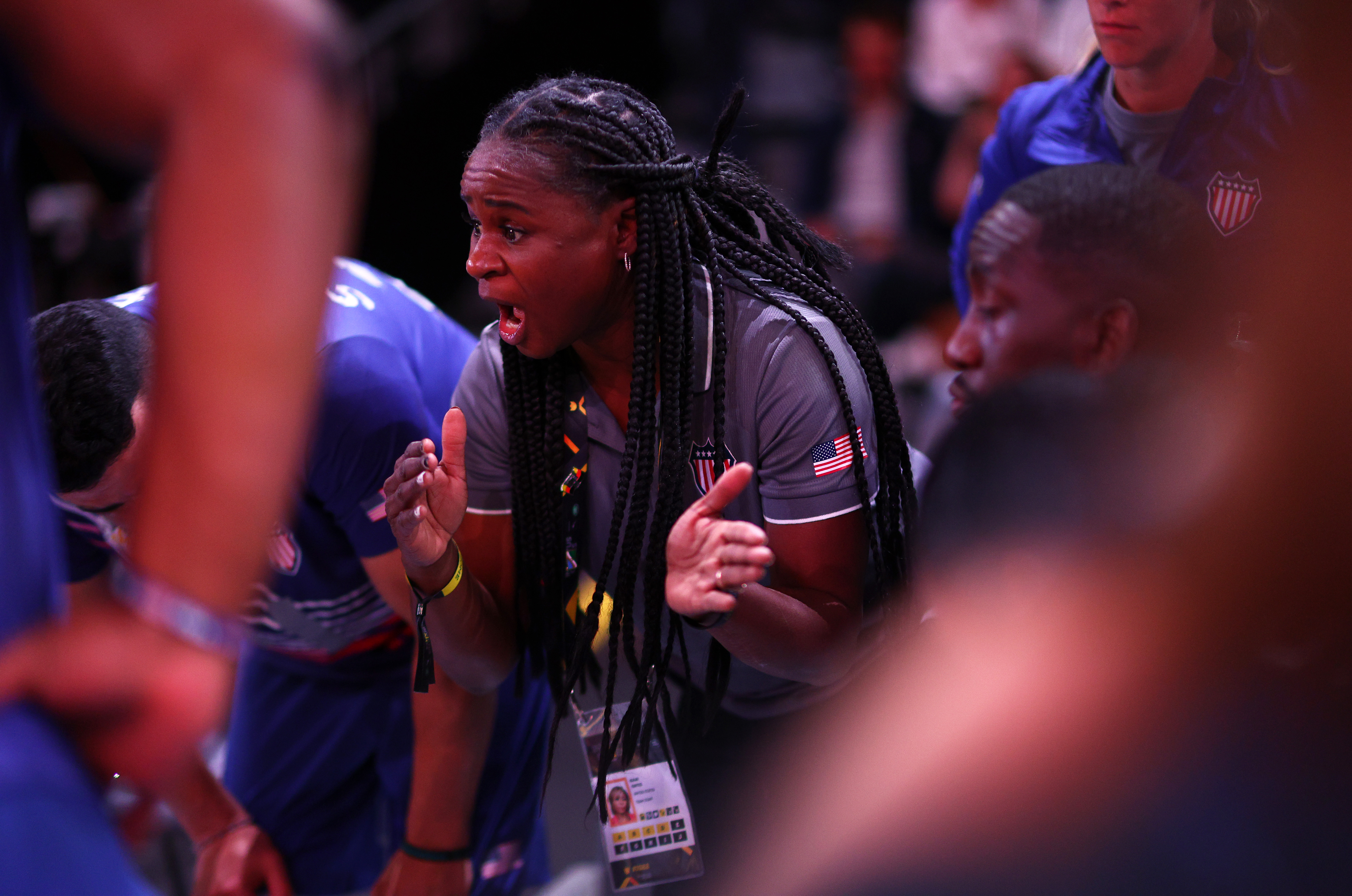Clear language helps families access inclusive programs
The Adaptive and Inclusive Movement for Physical Activity network (AIMPA) works to improve access to sport and physical activity for children and youth with disabilities. One recommendation of their research findings highlights that organizations should use clear, consistent definitions for terms like “inclusive,” “adapted,” and “accessible.” This helps families better understand opportunities and find programs…
Expanding parasport opportunities for young athletes
Many young athletes with disabilities get involved in sport by chance, often through disability-specific organizations. Researchers have found their parents play a key role, handling everything from logistics to coaching. Yet parents often feel overwhelmed due to limited resources and support. Expanding inclusive programs and better supporting families could help reduce barriers and promote more…
Unlocking potential: Building inclusive, equitable and accessible talent pathways across youth sport

Highlights: Talent identification and talent development systems “It is unacceptable that a player like Moise Bombito is not discovered until he’s 23 years old. I’ve coached some of the best centre-backs in the world and his talent level is in that category…We must find the next Moise Bombito at 15. We must know exactly who…
Mentorship program for parasport coaches
Mentorship can be a powerful way to support parasport coaches. A recent study found that a virtual mentorship program helped coaches feel more confident, use inclusive terminology, and learn more about coaching athletes with disabilities. The study recommends continuing mentorship programs to help coaches progress, connect, and grow in their roles.
The lasting social impact of mega sporting events: Creating accessible, inclusive legacies

Mega sporting events, such as the Olympic and Paralympic Games, and FIFA World Cup, have long been seen as catalysts for national pride, global recognition, and economic growth. While these events bring undeniable excitement and spectacle, their long-term impact on host communities is often a matter of ongoing debate. In particular, the question of how…
Adaptive skateboarding
Skateparks can be great spaces for disabled skateboarders and wheelchair motorcross riders, helping to improve physical and mental health, build self-confidence and independence, and make new social connections. According to a recent study, ensuring that pathways to and from the skatepark and nearby amenities are accessible are important ways to make skateparks accessible for riders…
Diversifying concussion research
There is a significant gap in race and ethnicity reporting in concussion research. A recent review revealed that out of 854 articles, only 15.5% reported race, 7.6% reported ethnicity, and 84.4% did not report either. To better understand the impact of concussions across diverse populations, researchers should include diverse participants in their studies and accurately…
Inequities impacting youth sport participation
Cost is a significant barrier to sport participation, and the data shows it. A recent study from the US showed that students from affluent families had 3 times higher odds of meeting physical activity recommendations (middle schoolers) and ever participating in sports (high schoolers) than students from the least affluent families. Collaboration, funding, and policy…
Girls only sport spaces
Girls who are part of marginalized groups often miss out on sports, posing a big challenge for inclusion. A recent study found that much of the hesitancy to join sports comes from patriarchal norms and shyness. Promoting girls only sports with female coaches may lead to better rates of sport participation.
What Masters-level sports can learn from the Invictus Games

This week, the Invictus Games returned to Canada, with an incredible 8 days of adaptive sports that bring together service members and veterans from across the globe. This isn’t just another sporting event. The Invictus Games are an international sport competition that seeks to harness the power of sport to promote the recovery of service…